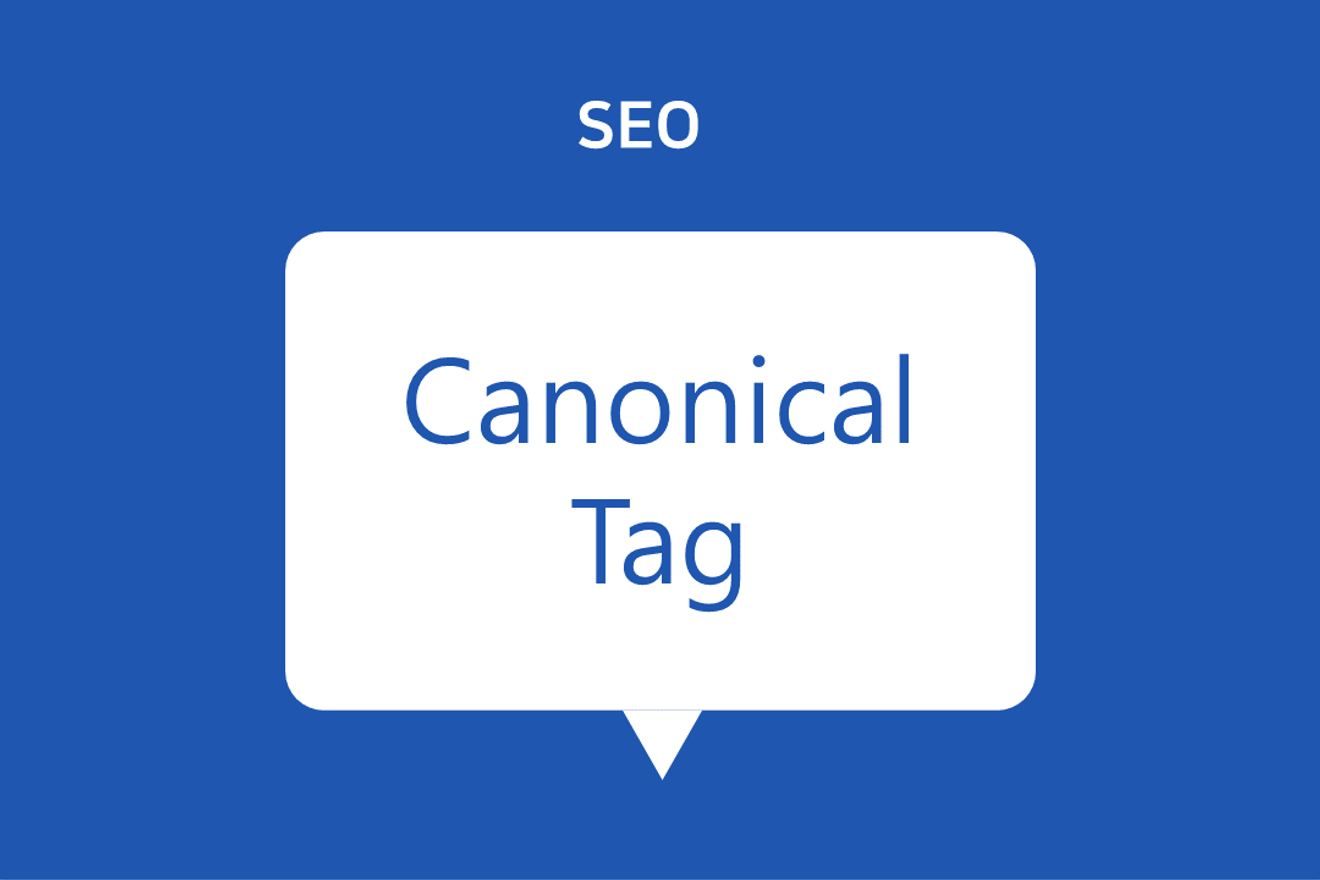Subject
- #Canonical Tag
- #Duplicate Content
- #Crawling Efficiency
- #Search Ranking
- #SEO
Created: 2024-08-07
Created: 2024-08-07 17:39
In the process of performing Search Engine Optimization (SEO), the 'canonical tag' plays a crucial role. The canonical tag helps resolve duplicate content issues on web pages and ensures that search engines recognize the correct page. This article will explain the definition, importance, and optimization methods of canonical tags in an easy-to-understand manner.

Canonical Tag
A canonical tag is an HTML element that informs search engines that a particular web page is the "standard (canonical)". Simply put, when multiple URLs have the same or very similar content, it specifies which page the search engine should consider the primary page.
For example, there might be URLs like these:
These pages may have identical content, but each URL can be perceived as a separate page. In this case, a canonical tag is used to inform the search engine of the 'standard' URL.
When the above code is added to the <head> section of all pages, the search engine will recognize https://example.com/page as the primary page.
For instance, it's used for purposes like this:
Let's say you were a personal blogger and received a request from A-News company to write a column. A-News company allowed you to write new articles and post them on your own blog. However, they wanted the original article to be designated as belonging to A-News and appear in search results as A-News' content. In this case, you would set the canonical tag in the blog.com/page page to designate a-news.com/page as the original.
Then, why would you bother posting it on your A-blog? : It's because your A-blog also has articles you've written in the past, and when you write new articles, related articles or existing articles can generate page views.
Just because you've set a canonical tag from your A-blog to your B-blog doesn't mean search engines will perfectly display the B-blog's content 100% of the time. There can be various reasons for this, but a prime example is that if the B-blog's page speed is slow, the A-blog might be displayed instead.
Canonical tags are an essential element in SEO for resolving duplicate content issues and helping search engines recognize the correct page. This allows you to maintain and improve search rankings and enhance crawling efficiency.
By optimizing canonical tags through proper URL selection, consistent usage, implementation of self-referencing canonical tags, handling dynamic pages, verifying CMS settings, and utilizing Google Search Console, you can maximize your website's SEO performance.
Ensure that canonical tags are properly set on all pages of your website to provide the best experience for both search engines and users.
Comments0